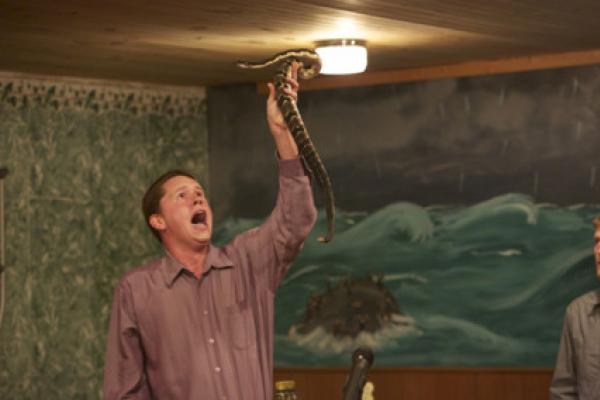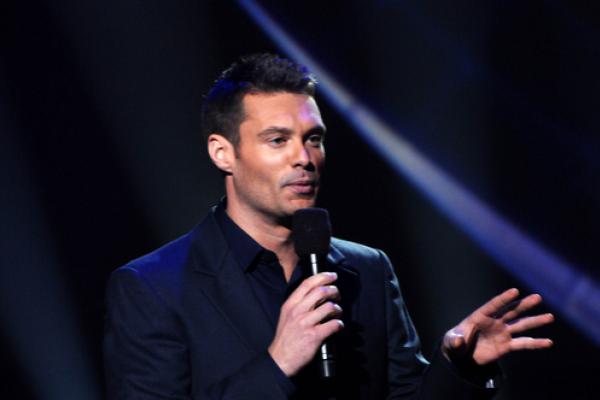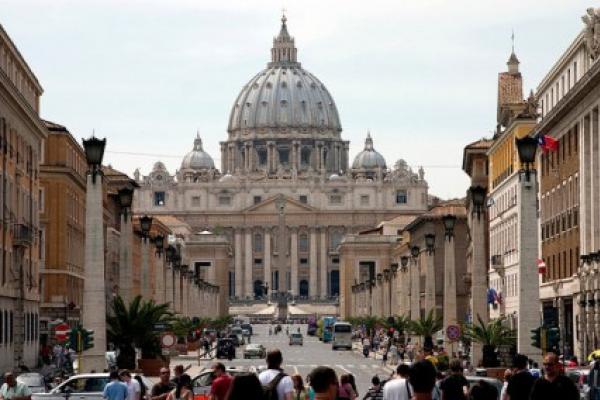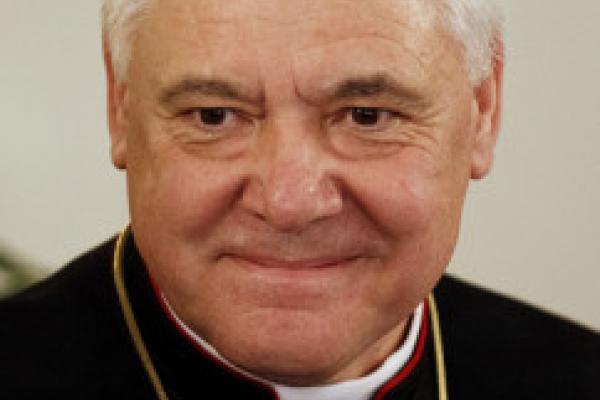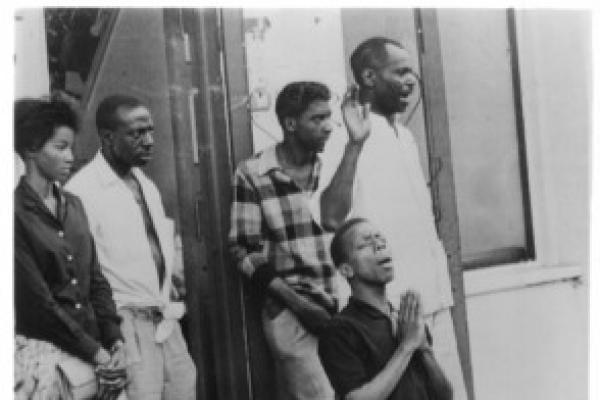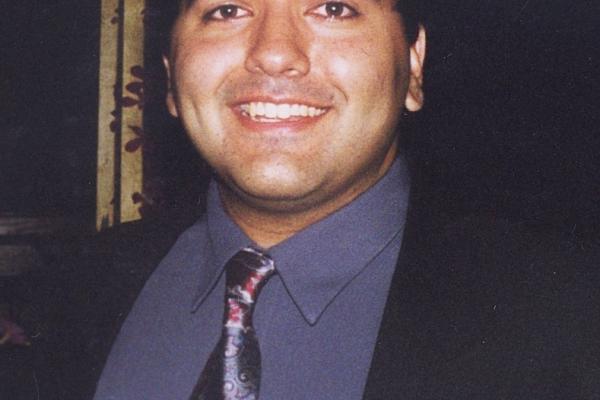If there were such a thing as “spiritual hazard pay” for columnists, I would be filing a claim after watching the first two episodes of the new series “Snake Salvation,” which debuts Tuesday, Sept. 10, on the National Geographic Channel.
God, I hate snakes. I find them utterly repellent; always have. When I was a toddler, my parents had to carry me out of the snake house at the zoo so I would stop screaming as if someone were trying to kill me.
Were it not for professional obligation — you’re welcome, by the way — you would sooner have found me shaving my head with a straight razor than watching a couple of hours of television dedicated to snake handling and its (alleged) spiritual import.
As President Barack Obama prepared to address the nation on Tuesday evening to articulate a plan for intervention in Syria, NBC rushed to assure its viewers that the Ryan Seacrest-hosted game show, The Million Second Quiz, would not be interrupted. As detailed by the network, the president would speak for only 15 minutes, thus viewers could watch their televisions with full confidence that the entirety of the hyped-up program would be fully protected. While there was suspense as to whether NBC would follow through on its promise of an unbroken telecast, the presidential coverage stayed within the agreed upon time slot, viewers were able to watch their regularly scheduled program, and all was well in the world.
In the meantime, all is not well in the world.
Pope Francis met for three hours with the heads of all Vatican departments on Tuesday, Sept. 10, signaling his desire to introduce more collaboration and transparency in the traditionally secretive and top-heavy governance style of the Catholic Church.
About 30 people attended, including the heads of the Vatican’s eight congregations and 12 councils, as well as top officials from the church’s tribunals and from the administration of Vatican state.
Cardinal Tarcisio Bertone, the Vatican’s outgoing secretary of state, also participated, in one of his last official engagements before his successor, Archbishop Pietro Parolin, takes over on Oct. 15.
A progressive theological current that emphasizes the Catholic Church’s closeness to the poor and the marginalized but was subject to decades of hostility and censure is now finding increasing favor in the Vatican under Pope Francis.
Francis, who has called for “a poor church for the poor,” will meet in the next few days with the Rev. Gustavo Gutierrez, a Peruvian theologian and scholar who is considered the founder of liberation theology.
The meeting was announced on Sunday, Sept. 8, by Archbishop Gerhard Ludwig Mueller, prefect of the Congregation for the Doctrine of the Faith, the Vatican’s doctrinal watchdog, during the launch of a book he co-authored with Gutierrez.
They were among the youngest martyrs of the civil rights movement, four young black girls — three 14-year-olds and one 11-year-old — whose deaths in a church basement horrified a nation already torn apart by segregation.
This week, 50 years after the Ku Klux Klan bombing at Sixteenth Street Baptist Church in Birmingham, Ala., shook hopes for a colorblind country, the four girls are getting their due.
Addie Mae Collins, Cynthia Wesley, Carole Robertson and Denise McNair were posthumously awarded the Congressional Gold Medal on Tuesday (Sept. 10), a day after a piece of shattered stained glass from the church was donated to the Smithsonian.
A federal judge ruled Monday that the Abercrombie and Fitch clothing chain violated federal anti-employment discrimination guidelines when it fired a Muslim employee in 2010 for not removing her religious headscarf, or hijab, for work.
Abercrombie asserted that as part of its business plan, it not only employed sales-floor personnel, but “models,” had a “look policy” that gave employees certain grooming and appearance guidelines, and sought to give customers an “in-store experience.”
Umme-Hani Khan wore her headscarf when she interviewed at Abercrombie’s store in San Mateo, Calif. Khan said she accepted the “look policy,” which included a no headgear provision, and in October 2009 started her new job, which was mainly in the stockroom, but required her one to four times per shift to restock clothes on the sales floor.
It’s been five years now that Talat Hamdani has been able to talk about her son without crying, but she still prefers mostly not to tell his story.
“It’s all over the Internet,” she said.
She’s stopped talking about how she initially didn’t worry when her son, Mohammad Salman Hamdani, who was a cadet with the New York City Police Department, didn’t answer his cellphone that night; about how police questioned her and her husband when authorities couldn’t find their son’s body, to see if he had any terrorist connections; about the New York Post headline a month after the attacks — “Missing – Or Hiding? – Mystery Of NYPD Cadet From Pakistan,” that cast him as a suspect in the 9/11 attacks.
